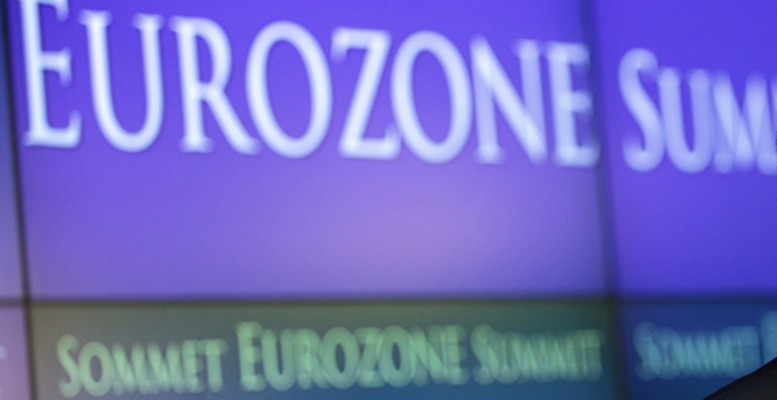Together with growth forecasts for the EU, ranging from 1.9% to 2% in 2016 and rising to 2.1% in 2017, the European Comission recently mentioned in its annual growth survey the possibility of making the Stability Pact more flexible. They also highlighted the main macro imbalances of each member state.
As Afi analysts point out, the EC believes that the risk of having entered into a long period of low growth, combined with low inflation, “must be fought” mainly by those countries prepared to promote investment. And they talk explicitly about Germany and The Netherlands.
The Eurozone has registered one of the world’s highest surpluses in value terms. For 2015, estimates stand at €390 Bn, equivalent to 3.7% of GDP. The main part of the surplus is concentrated in Germany and The Netherlands – their contribution to the Eurozone’s total surplus stands at 2.5% and 0.7% respectively – and to a lesser extent in Italy with 0.4%. Experts say:
“The European Comission hopes that once the oil price effect disappears, internal demand strengthens and export growth slows, the Eurozone’s balance of trade surplus should stop expanding or even start to narrow in 2017.”
As far as Spain goes, the Comission is concerned about its external debt, as well as the insufficient deleveraging of households and companies, the stabilisation of public debt and the labour market’s slow adjustment. Analysts at Afi explain that:
“The excessive levels of debt affect households and SMEs, as well as the public finances of the euro area as a whole, hindering investment and consumption dynamics. Deleveraging gets reduced but very slowly. According to Eurostat, household debt and that of non-financial companies has dropped from 63.1% and 81.9% of GDP, respectively, in 2009 to 59.7% and 79.5% in 2015.”
In the case of both France and Italy, concerns are focused on competitiveness and public indebtedness, mainly taking into account that both are developing within a context of low growth and inflation.





